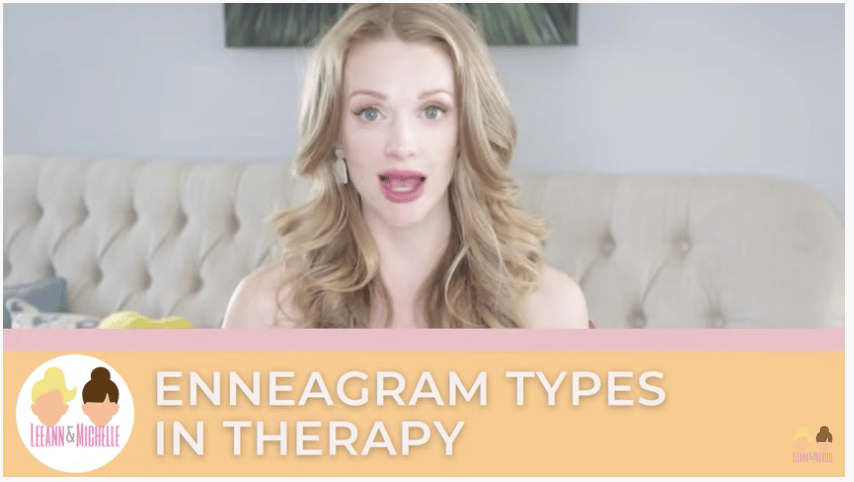Enneagram memes and videos make me laugh (and cringe). The cringe is born in doing this work for 20 years and seeing a dramatic increase in people who come to their sessions mistyped and misinformed.
We have to do a lot of “unlearning.” I like to make distinctions with people new to the Enneagram between Entertainment, Information and Transformation:
Entertainment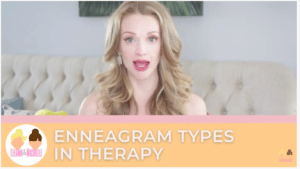
Memes, videos, and some podcasts meant to ENTERTAIN and give you some much needed levity. They don’t teach you about the unique inner lives of humans with these tenacious patterns, they’re not to be used for typing yourself and others and they’re not meant to transform habits that are designed to protect you, but ultimately cause no small measure of suffering to self and others.
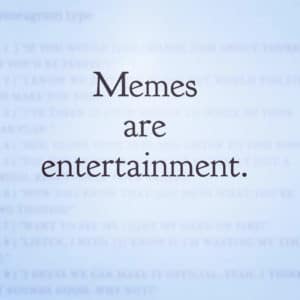 Additionally, they don’t take into account instinctual subtypes, energetic patterns, cultural and familial influences, health history, trauma history and most importantly, the entertainers’ own assumptions and projections about the Enneagram types!
Additionally, they don’t take into account instinctual subtypes, energetic patterns, cultural and familial influences, health history, trauma history and most importantly, the entertainers’ own assumptions and projections about the Enneagram types!
As an example, here’s one of my favorite Enneagram Entertainment Videos:
Information (Head Center)
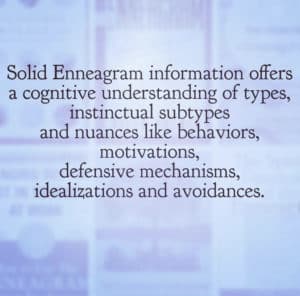
Books, podcasts and classes from people with solid training who know the system’s nuances are great resources.
They’re meant to TEACH and build understanding of all the subtle nuances.
Most importantly, find teachers with solid training, experience and background in doing Enneagram transformational work! If they’ve only read about the Enneagram in a book, listened to podcasts and videos, they’ve not done their own inner work which is the marker of a good teacher.
Also, don’t discount the teachers who you’ve not heard of before. Some of the most solid teachers and facilitators I know have minimal online presence. They may be flying under the radar and specializing.
Furthermore, be aware of your idealizations of teachers. Be aware of assuming they are authorities with skills they don’t yet have. Ask around. Ask the teacher about their inner practice: Are they deepening self awareness? Are they accountable to themselves and others?

Narrative teachers: Renee Rosario, Terry Saracino, Helen Palmer (Co-founder of the Narrative Enneagram) and Leslie
This is my personal standard for myself and other teachers and facilitators:
- What is their lineage? (Training school, training of their teachers. Lineages are learned wisdom passed on)
- How long have they been working with the Enneagram? (This matters because of the nuanced nature of the Enneagram. If they’re newer, they may bring fresh insights but also are newer. I just want to know that. It helps with discernment)
- is the teacher growing in self-awareness and self-management?
- Is the teacher focused on their own personal and/or spiritual development?
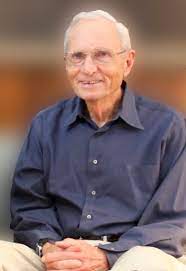 Do they have others to whom they are accountable? (a group, a teacher, therapist, spiritual director, a partner)
Do they have others to whom they are accountable? (a group, a teacher, therapist, spiritual director, a partner)
Resources to Support Enneagram Education:
Freebies to get you started: Leslie’s YouTube Channel: Enneagram Shorts, Enneagram in Recovery, Enneagram and the Pandemic
Want to dive deeper and listen to panels of types? Foundations of the Enneagram: The Centers Approach…Head, Heart and Body: an online course available now
Transformation (Head, Heart and Body Center)

St. Benedict’s Monastery, Snowmass, Colorado
Transformation is why the Enneagram exists. Centuries ago, people in early monastic communities saw these patterns as obstacles to love and Presence to self, other and the divine as they understood it.
It wasn’t called “the Enneagram” in those days.
Rather, spiritual directors and abbots who worked with monks noticed habits of emotion and mind like “the monk of prideful mind” (Type 2); the “monk of comparing mind” (Type 1); “the monk of sleepy mind” (Type 9).
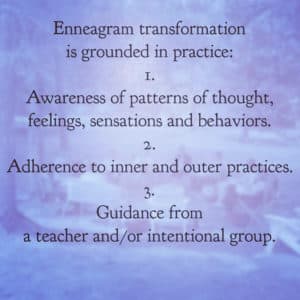 Transformation and change requires 4 things:
Transformation and change requires 4 things:
Intention: We have to have a strong enough intention and a reason to change.
Attention: We can’t change if we’re stuck in old ways of thinking. We have to be willing to turn our attention inward. We can notice our biases and be aware of how we habitually direct our attention.
Each type has a core attentional style that keeps us stuck in old ways of thinking. (You can find your Enneagram attentional style in the descriptions on my website)
Repetition: One and done Enneagram work doesn’t last. Our type will be with us always. Undeniably, some sort of intentional practice can grow you in surprising ways. My practices include Centering Prayer, yoga, journaling, group meditation, meeting with Enneagram trained spiritual guides. One of my most transformational practices is with my husband to whom I’ve been married for 40 years!
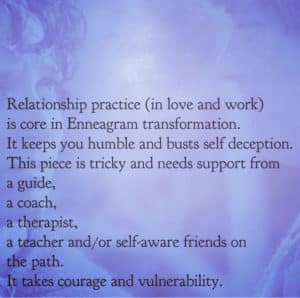
Guidance: We need guidance from someone who has walked a little further along the trail to help us see our self-deception and unconscious habits. They teach us practices to support our growth.
Resources to support your transformation:
Leslie’s meditations on iTunes or Amazon
Private Sessions with Leslie (when available)

